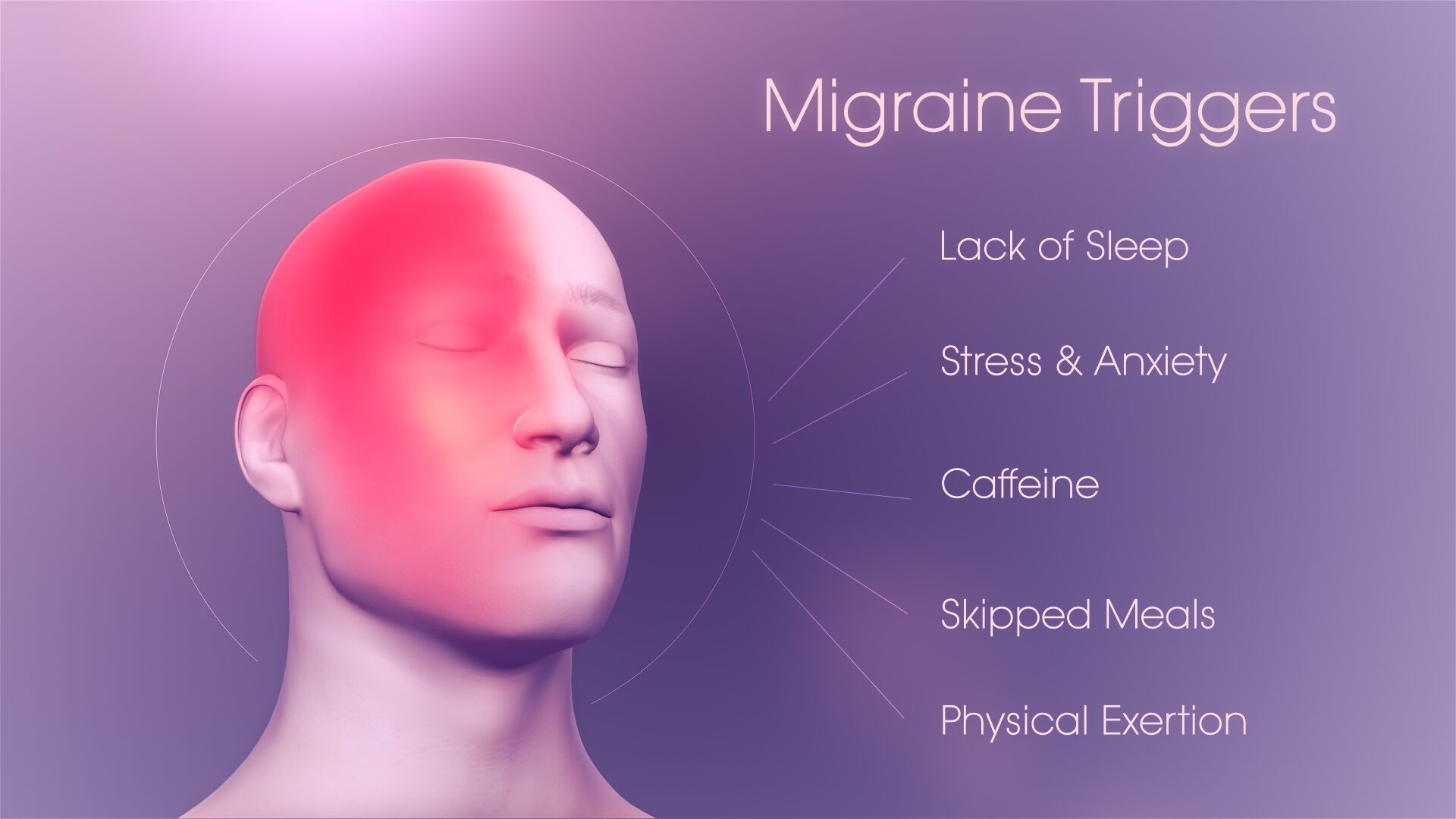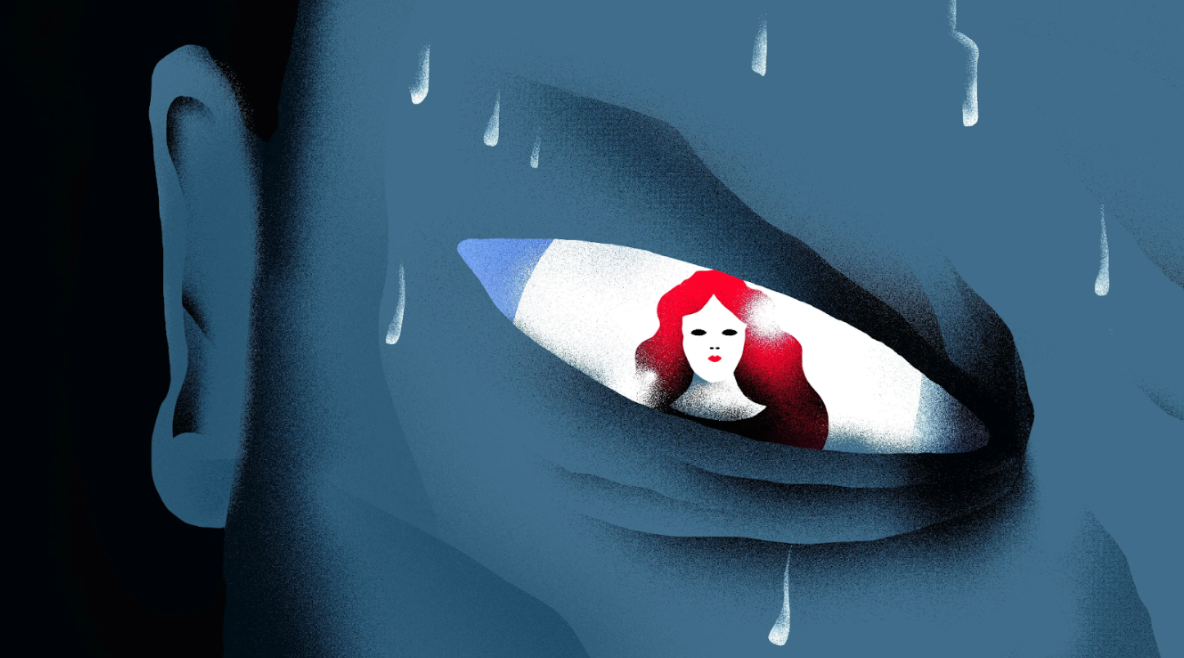Migraines affect over a billion people worldwide, and are one of the most common neurological disorders. Yet it is often misunderstood as “just a headache,” but for those who have it, it feels like so much more. “It is really emotionally overwhelming, and definitely linked to my emotions,” said senior Jane Taylor. People have to cancel an important day because their head and body ache so intensely that they can’t stand up. For those who live with migraines, this has become a habit for them, happening time and time again.
You can’t tell by looking at someone that they have a migraine, and it’s impossible for those who don’t have migraines to understand the condition. That may be one of the main reasons why migraines are so misunderstood. Taylor said, “I think it’s just hard for people to comprehend that it’s a pretty constant thing. Even if it’s not in full force at the moment, it’s still looming and affects every moment of your day.” Migraines are a condition that includes nausea, dizziness, mood swings, vomiting, seeing stars, and it really takes a toll on your physical and mental health. Taylor plays volleyball, and it feels, “really discouraging to not feel that you can give 100% of your effort and energy, like you could before. It’s been hard to stay a part of my team, and I feel like I’m being held back a bit,” she said. People can have many different migraine triggers. Migraine triggers are what affect your migraine. They can be sunlight, sugar, exercise, changes in weather, strong smells, stress, loud noises, many different foods, jet lag, bad sleep, and even chocolate. It varies greatly how many and which migraine triggers people have. Some have one, some have three, and some even have all of them.
Migraines also affect people very differently. Some people have fairly mild migraines, some have very severe ones, some have them often, and some have them rarely. Those people who have migraines very often, 15 migraine days or more in one month, have chronic migraines. Chronic migrains are actually a brain disease that affects you every single day, even if people don’t necessarily notice it. You don’t have to have a severe migraine every single day, but migraines affect your day in some way every single day. You may feel like you can’t do what you want, eat what you want, drink what you want, participate in different activities, go out with friends, because it will give you a migraine, like some of the stuff Taylor mentioned. It feels very frustrating for those who have to go through this, and especially difficult when you easily can feel people don’t understand you.
People can now better understand what migraines are, and what they feel like for those who experience it.






